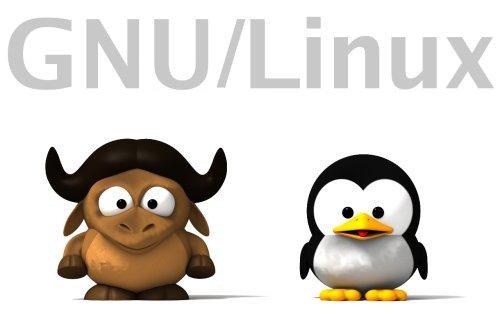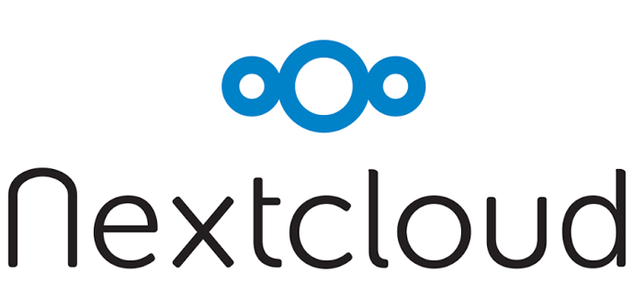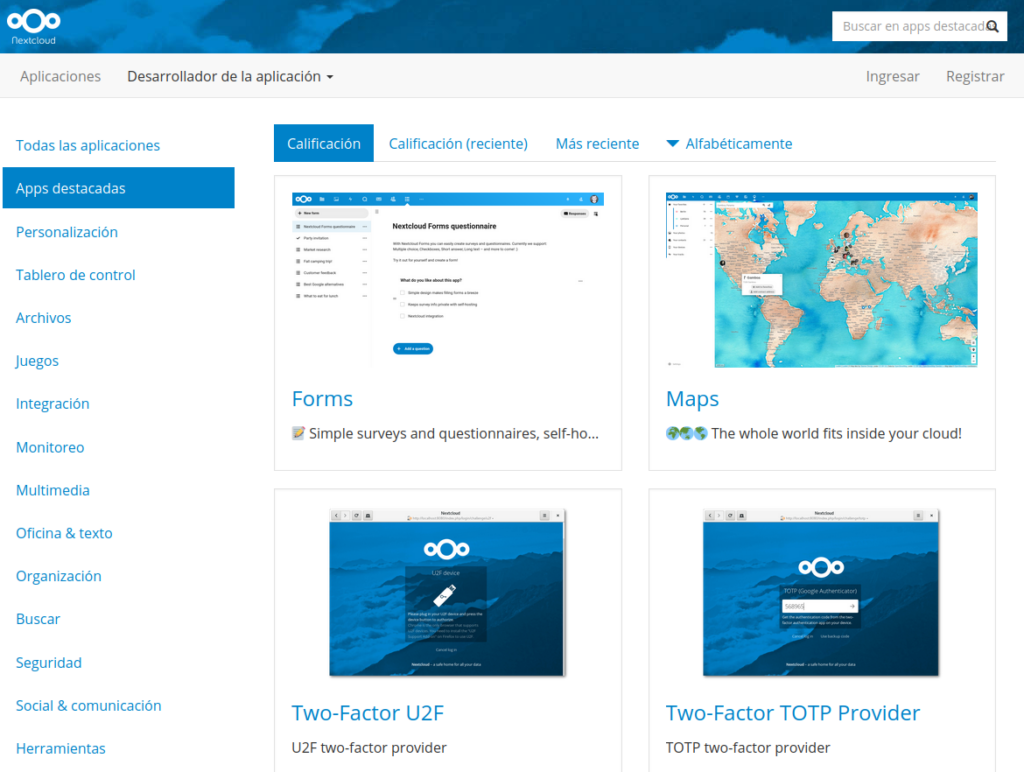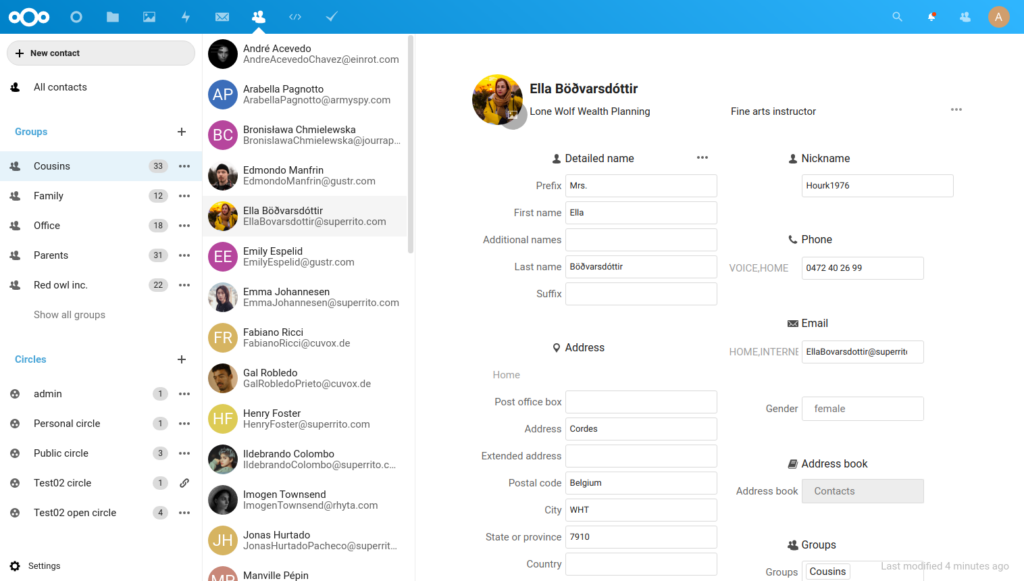In a world that is changing as fast as today, those who are over 30 years old today can compare a radical change in family, social, economic and political life that originated in the last 3 decades in the great most of the world.
However, if something is constant, it is the drastic change in life that previous and current generations are living in this new century, where technology has been one of the main catalysts for these changes, from the automation of production processes, the constant expansion of communication media and platforms, as well as the penetration of new digital products and services through the Internet to markets that have never reached before.
It would be irresponsible to qualify these changes, since comparing the advances or setbacks of each nation would be unfair in the face of the immense social, economic and political differences that govern each territory.
If we add to the mix the incredible growth of the e-commerce and freight services industry, driven mainly by a global pandemic, we find that the entry barrier to the world of entrepreneurship is increasingly reduced.
Therefore, due in large part to the changes that we mentioned at the beginning, starting a new venture based on technological tools is an increasingly common option today, in the same way more SMEs in the process of consolidation develop a technological need to perform its activities and processes more efficiently.
We want to point out some options that allow establishing an easily accessible technological base, free of restrictions and focused on providing effective administration, organization and control through digital tools in the most common tasks and processes of any business.
Despite not being an exhaustive analysis, we consider that this will be a slightly lengthy article, so we invite you to review those parts that you consider of specific interest.
About the FS
Free Software (FS) began as a technological, ethical and legal movement that laid the foundations in terms of user freedoms, preventing software from becoming a means of oppression or control of users, organizations and nations in contrast. with privative commercial solutions.
The main concept is based on the autonomy and freedoms that said software ensures for its users,
- The freedom to run the program as desired, for any purpose (freedom 0).
- The freedom to study how the program works, and change it to do what you want (freedom 1).
Access to the source code is a necessary condition for this. - The freedom to redistribute copies to help others (freedom 2).
- The freedom to distribute copies of their modified versions to third parties (freedom 3).
This allows you to offer the entire community the opportunity to benefit from the modifications.
Access to the source code is a necessary condition for this.
Local Applications
Free software (FS) has been based mainly on copies that are executed locally, using the resources of the computer equipment in use.
While using online services or “in the cloud ” has become a trend that can be considered dangerous (see Vendor Lock-In) as opposed to using the installed capacity of the equipment locally, since, to a certain extent, it is one of the most reliable ways to carry out such activities, since you have first-hand access to the device, as well as the lack or failure of the Internet connection will not stop your productive capacity.
Benefits of FS local based solutions
- Freedom of use for any purpose, commercial use included.
- Freedom of distribution and implementation in a device or a network of these.
- Standardization of solutions and programs tailored to needs.
- Zero cost in licenses
- You are not tied to recurring fees for your use
- It does not depend on an Internet connection, although access to one is recommended to manage updates.
Office Suite – LibreOffice
LibreOffice is one of the largest free software and open source projects in the world, with a large base of users and organizations that seek to ensure the development and dissemination of said platform, the main being The Document Foundation.
Likewise, it is the main competitor in the Microsoft Office monopoly in office suites.
LibreOffice has a very active development, it is portable to different architectures and systems which allows it to be available for a wide range of operating systems as well as devices being the office suite par excellence of GNU/Linux systems in their different distributions.
Counting with a wide range of components that allows to carry out virtually any advanced office automation task, LibreOffice is a serious candidate to replace the use of Microsoft Office in home environments, educational and clearly as it is the subject under discussion, Small and Medium Companies (SMEs).
Email manager – Thunderbird / Icedove
The new instant messaging platforms have taken a lot of ground in personal communications, despite this, within the professional and commercial sphere the use of e-mail messages continues to be the gold standard for formal interaction of an official nature.
Therefore, managing communications with an email manager program becomes a basic practice, since they offer a large number of options that online mail clients cannot offer due to their design to operate within a web browser.
Thunderbird is an email manager developed by the Mozilla Foundation, which like LibreOffice, competes in the e-mail managers market with Microsoft Outlook the e-mail manager by the Microsoft company.

Among the great advantages of Thunderbird is the ecosystem of plugins that allow expanding its capabilities and functionalities, allowing customization and adaptation according to the needs of the user.
Being based on FS, Thunderbird has direct variants such as Icedove which allows the distribution of modified copies on completely libre GNU/Linux systems.
Web browsing – Mozilla Firefox / Abrowser
To think that there was once a fierce browser war that even reached the courts, is to speak of relatively ancient history, since it dates back to the beginning of computing as we know it today, where the browsers that participated in this battle were Internet Explorer and Netscape Navigator, after 4 years and with IE as the winner in an unequal battle, Netscape was released as free software under the Mozilla Foundation, which evolved into what we now know as the Firefox browser.
Like Thunderbird, Firefox has an add-on ecosystem that allow it to expand its functions giving a wide range of customization in its use.
Despite the new over-offer of next-generation browsers, Firefox currently remains the best option regarding its use and distribution in a free and legal way, since even when there are browsers as popular as Google Chrome, the Use and distribution of Firefox is legally friendlier with minor exceptions in terms of trademarks.
Similarly, Firefox has direct derivatives that allow its free distribution with modifications on completely libre GNU/Linux systems, some of them being Abrowser or IceWeasel.
Operating system – GNU/Linux
We conclude with one of the most important and controversial components today, since we will talk about the GNU/Linux operating system.
It was with the start of the GNU operating system that the Free Software movement began explicitly in the early 1980s.
Although the history of the project is close to completing 4 decades of existence, and 3 decades of being complete with the combination of the GNU system and the Linux kernel, known as the GNU / Linux system, it is surpassed by its proprietary counterparts, Microsoft Windows and macOS from Apple as the main computer operating systems in the world on desktop computers.
Even though there are sectors that will not migrate to a GNU / Linux operating system indefinitely, we consider that for the new generations of entrepreneurs and emerging businesses accompanied by an experienced orientation, they will be able to take all the aforementioned advantages of being autonomous in their computing through a libre operating system and for the benefit of your start-up of your project or company.
Even for those who cannot have a GNU/Linux operating system, all the aforementioned solutions are possible to install directly on Microsoft Windows, reducing the cost and dependence on proprietary tools.
Part of our motivation to make this observation is because today computing is a fundamental part of modern life, so the importance of having an operating system that is,
- free to use for any purpose
- easy access, economical and technological
- free distribution
- respectful of privacy
- safe, reliable and efficient
these are qualities that we consider justify the learning curve that allows us to take advantage of its full potential.
Online Applications
Online platforms designed under a free software and open source model have competitive advantages in security, data privacy, autonomy and trust. Due to its development and licensing model, it is possible to acquire the services under contract directly from the team or company behind the development of said platform, from an external developer or autonomously, without greater support than that which can be received from the community. of users around said project, and it is precisely because of the design and licensing model that the phenomenon of Vendor Lock-in is prevented unlike commercial solutions.
Nowadays, online services have revolutionized the way of working and collaborating, facilitating the operations and functions of work teams, some have become a key part of the business operation, such as
- file distribution and synchronization, also known as “digital cloud“
- websites and online e-commerce solutions
- ERP platforms
- videoconferencing, recently fueled by social distancing from the COVID19 pandemic
to mention those that we consider key for new businesses, or mature teams working in emerging companies.
Benefits of FS and Open Source based online solutions
- self / local hosting mode
- barebone infrastructure cost
- control over technical implementation details
- freedom of user creation control
- service autonomy
- security updates available via upstream project
- service agreement mode
- premium features
- technical support by the developer
- technical support by the developer
- maintenance routines done by the developer
- service agreement with defined term
- independent of mode approach
- auditable code
Challenges in online solutions based on FS and Open Source
- self / local hosting mode
- technical support
- management
- maintenance routines
- possible rebranding limitations
- service agreement mode
- limited flexibility in service billing models
- limitations of users / functions according to the level of service contracted
- independent of mode approach
- development cost for custom features or modifications.
Storage and sync – Nextcloud
Nextcloud, presents itself as a self hosting productivity platform, which is developed by the German-based company Nextcloud GmbH.
We decided to speak specifically about Nextcloud, since it is a multifunctional platform, which in addition to offering a powerful file synchronization and distribution platform similar to other commercial solutions, the platform is enhanced by a wide variety of online applications that can extend its functions organically and thus solve various needs from it.
We consider that the storage of contacts, calendars and tasks are privileged information that should be under the control of the user and he or his organization must be able to verify that said information is not transferred, distributed or shared with third parties, so Nextcloud is key in protecting the privacy of privileged information.
Local applications such as Thunderbird, and mobile devices can be enhanced with these features, allowing the creation of a productive ecosystem that links information in various ways and devices, be they mobile or desktop.
Powerful complementary functions such as indexing engines, online office, multimedia players, a modest but versatile video conferencing solution and a wide variety of applications, make Nextcloud a valuable tool in favor of autonomy and productivity.
The server runs on GNU/Linux-based server systems, while the sync client has extensive support for different platforms.
Recommended online platforms,
| Website / e-Commerce | ERP system | Videoconferencing |
 |  | 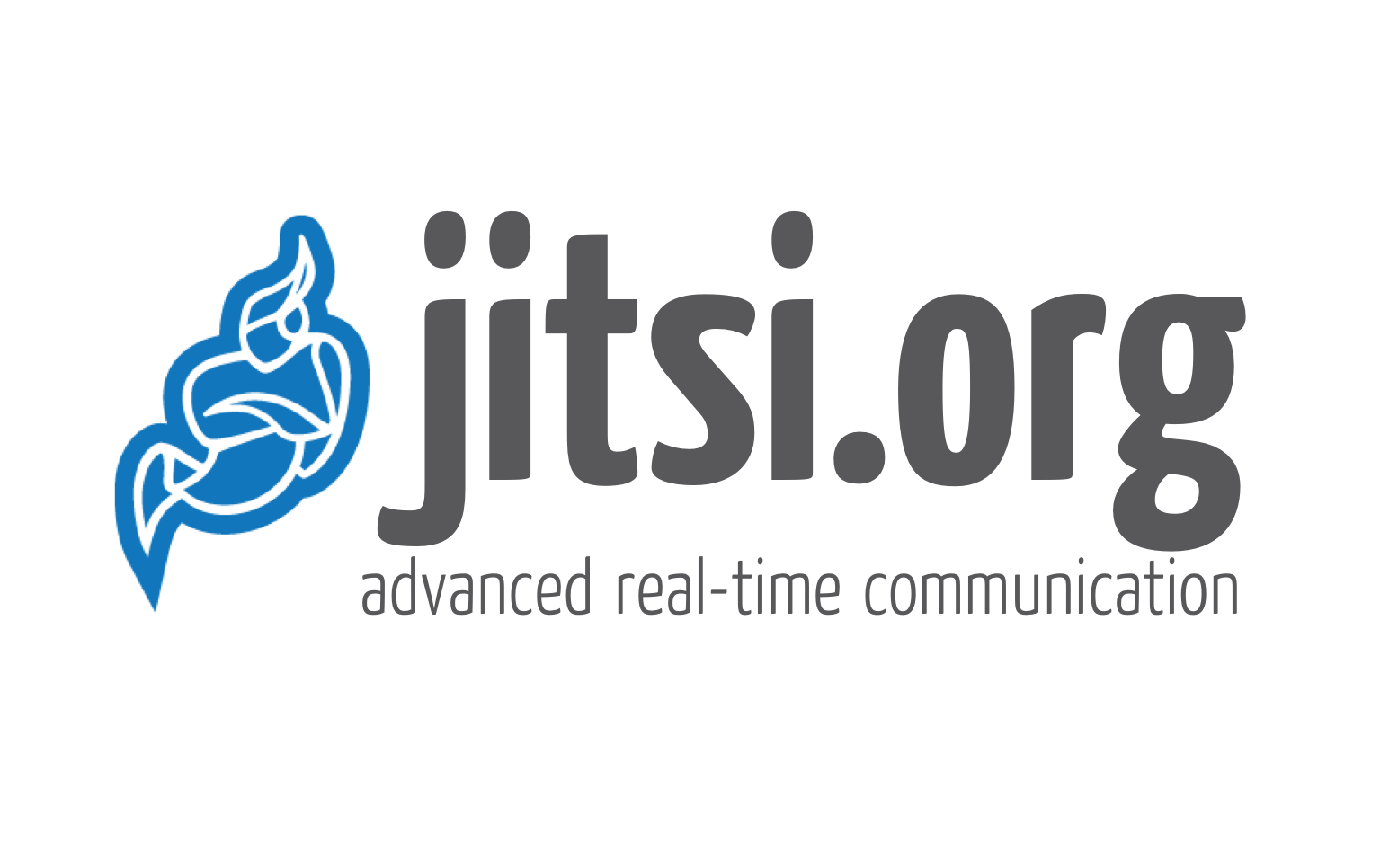 |
| WordPress A content management system, with a long history, mainly used for the design of websites and blogs, it has a vast variety of plugins and products and services from quality companies, which make it highly extensible. In the same way, it is easily extensible to eCommerce through WooCommerce. | Odoo Community | Enterprise A complete and advanced hybrid ERP system, which promotes a novel approach in the management of companies, managing from basic tasks, such as purchasing, sales and inventories, to manufacturing, human resources, etc. Community implementation is maintained by the Odoo Community Association. | Jitsi Meet Jitsi Meet, in our opinion, the best video conferencing platform developed under a free software and open source model. A stable, scalable, high quality video conferencing platform and multiple functions, make it very attractive for institutional use as well as to provide services. |
It is not by chance that we talk about these components within an online workflow,
- website
- file distribution and synchronization or digital cloud
- ERP system
- video conferencing system
Regardless of the platform implemented, experience has allowed us to know those components that favor the production processes of our clients and integrate these platforms according to their needs.
In the same way, we know that just as there is a learning curve, it is not possible for most entrepreneurs or SMEs to deal with the investment of economic and human resources to simultaneously implement everything exposed in this article.
We found that an adaptation process, with a monitoring of the return on investment, motivates and evidences the improvements obtained in the adaptation of these new components within the workflow, which facilitates the adoption of these platforms.
From Software, IT & Networks we hope that these observations are useful for your analysis and implementation, for our part we put at your service infrastructure solutions tailored to your needs.
















